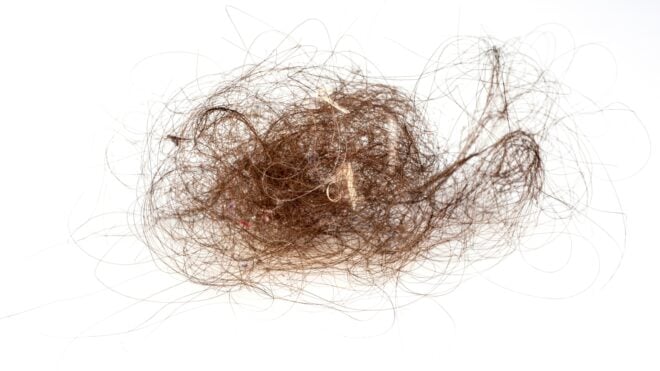Women's bodies are truly amazing. For starters, we can give birth and breastfeed — it's all pretty mesmerizing when you think about it. But all of those awesome capabilities come with a bit of discomfort from time to time.
Because a little irritation "down there" can be common for us (especially around that time of the month), we sometimes ignore or dismiss what we're feeling. Take pelvic inflammatory disease, for example. It's easy to write off these symptoms as monthly period cramps, but that minor pain could be a sign of something far more significant.
Another common womanly issue is vaginal dryness. Sufferers may think that they're alone, but that's far from the truth. In fact, WebMD states that one in three women will suffer from vaginal dryness during menopause alone, and there are many other times during a woman’s life that she may deal with it. The good news is that there are ways to treat it. Keep reading down below to learn about the causes, as well as how to treat them.
Signs Of Vaginal Dryness
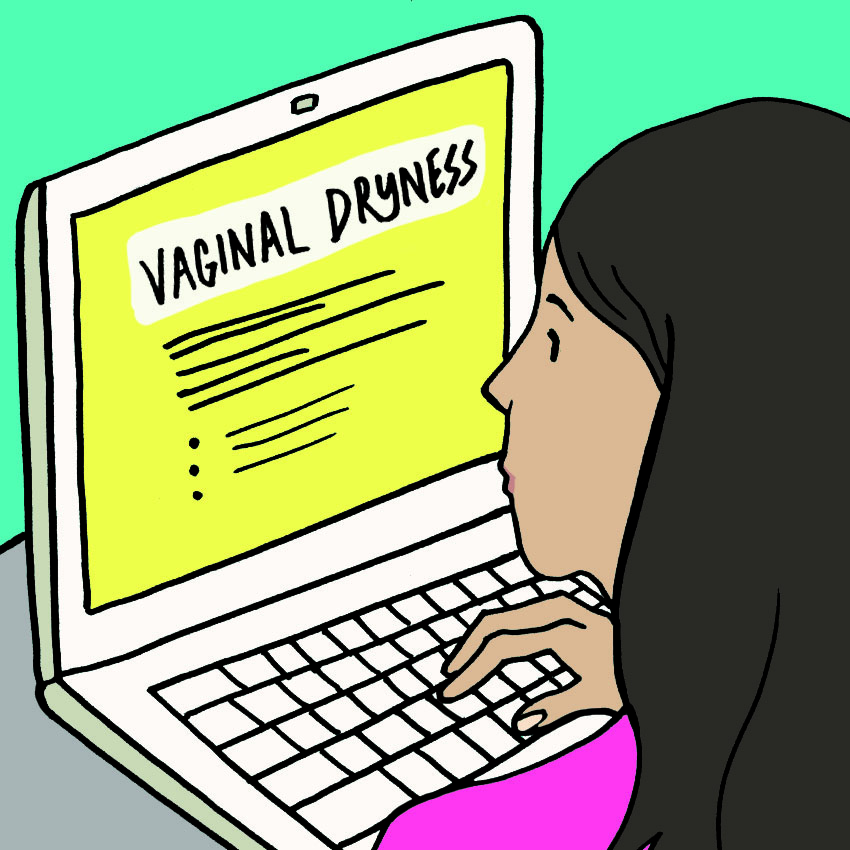
Everyday Health lists these as symptoms of vaginal dryness:
- Soreness, itching, or burning of the vagina
- Pain during intercourse
- Light bleeding after intercourse
- Mild vaginal discharge
Any of these symptoms merit a discussion with your doctor. When you do meet with them, they will want to know how long you’ve had the symptoms and how frequently.
They'll probably want to do a pelvic exam to rule out other issues that may be causing the problem, and may even do a Pap smear. They may also suggest checking your hormone levels to see if you have entered menopause. The important thing to remember is that these tests will eventually lead to an answer, and some relief.
But before visiting your doctor, learn more about the reasons you may be experiencing vaginal dryness below.
Causes Of Vaginal DrynessReason #1: Hormone Changes
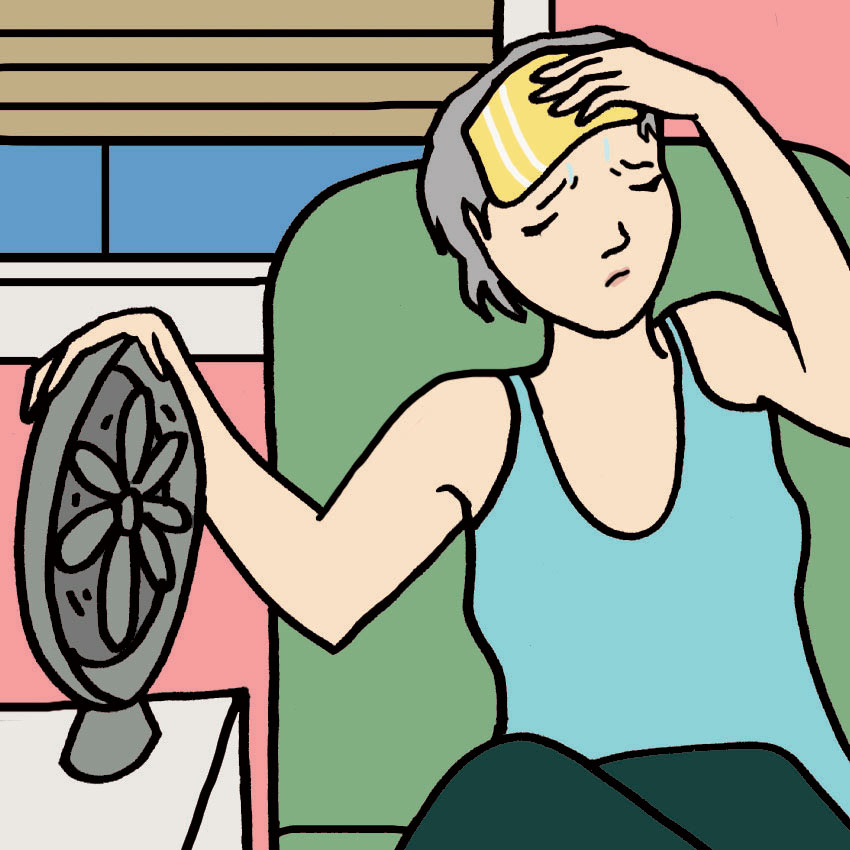
Mayo Clinic states that “reduced estrogen levels are the main cause of vaginal dryness.” Over the course of a woman’s life, hormone levels will fluctuate at different times and for different reasons. Pregnancy, menopause, and perimenopause are just some of the significant times when our hormones will increase or decrease.
During menopause in particular, estrogen levels will slowly begin to taper off and eventually stop. This creates an interesting array of symptoms like hot flashes, but it can also cause shifts in your downstairs area.
Reason #2: Medications
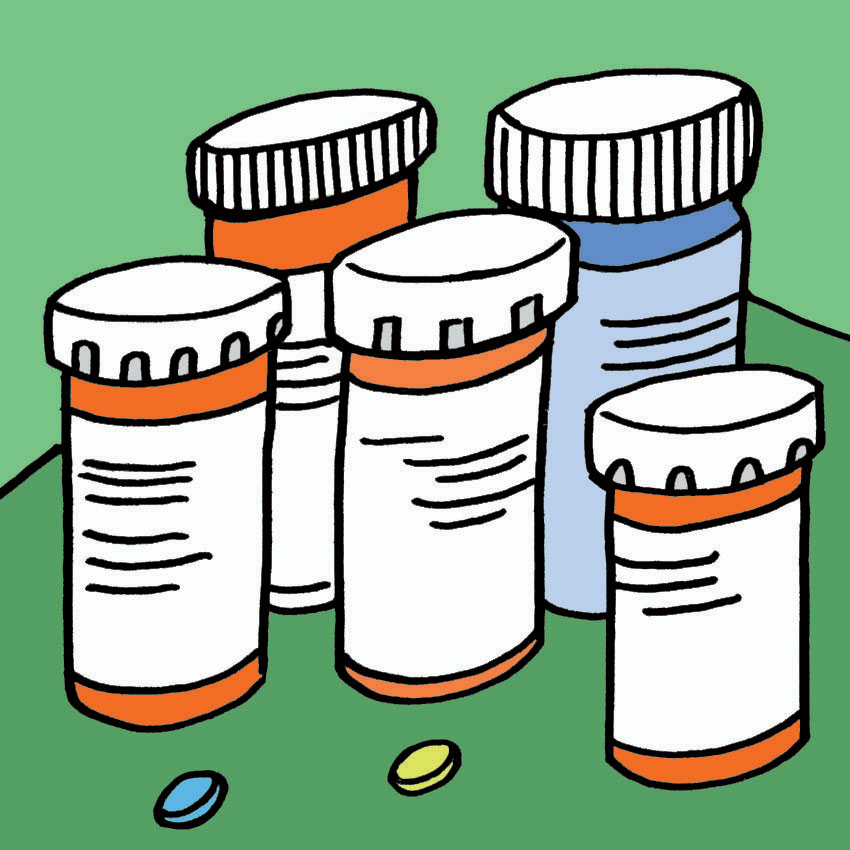
According to WebMD, certain types of medication may cause vaginal dryness, such as anti-estrogen medications that are used to treat endometriosis and uterine fibroids. Even allergy and cold medications containing antihistamines may cause vaginal dryness, according to Everyday Health.
Reason #3: Childbirth Or Breastfeeding

If you recently had a baby, your fluctuating hormones may be the cause, especially during childbirth, several months after childbirth, and while breastfeeding. The entire postpartum period and breastfeeding, in particular, can cause a decrease in estrogen levels and result in vaginal dryness. But Woman's Day stresses that this isn't uncommon, and that uncomfortable post-birth dryness is a typical part of the process.
Reason #4: Chemotherapy
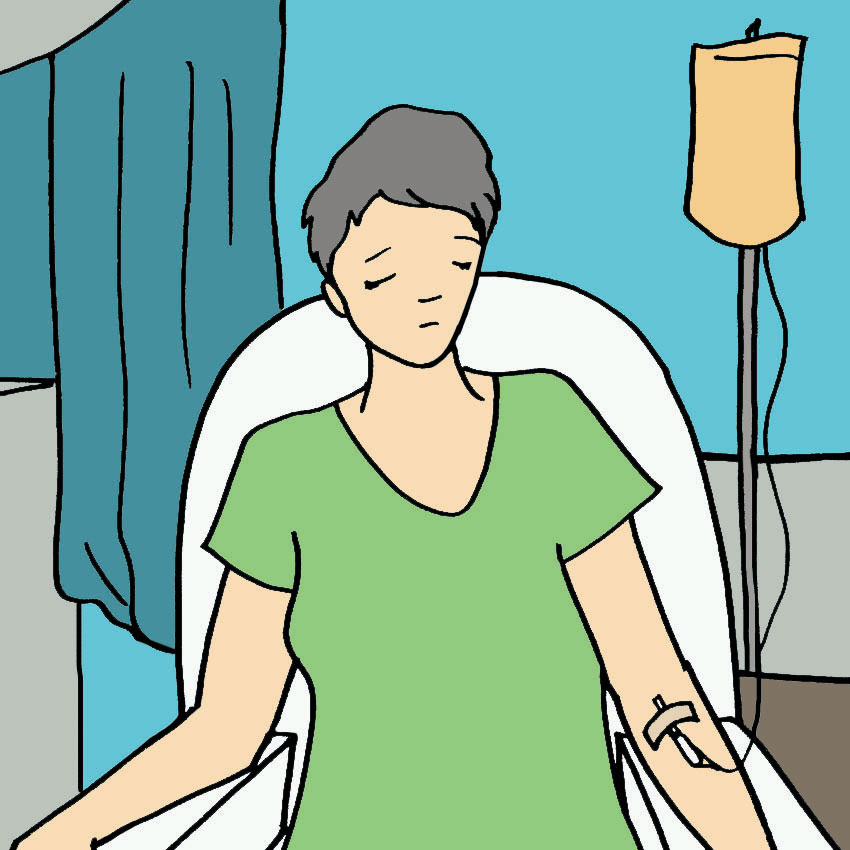
Radiation or chemotherapy treatments for cancer can cause vaginal dryness as well. Most cancer treatments target dividing cells, so it makes sense that reproductive organs like the ovaries are affected. Aside from direct radiation therapy to the pelvis, lowered estrogen production from the ovaries is one of the reasons cancer patients may experience vaginal dryness, according to Cancer.gov.
Reason #5: Sjögren's Syndrome
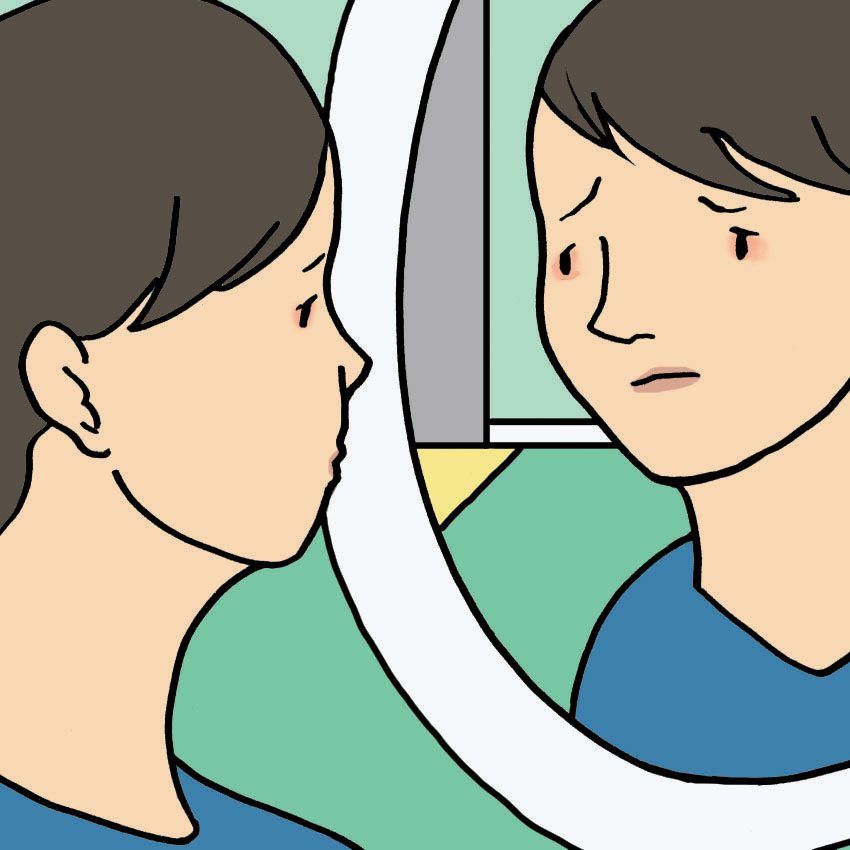
According to the Sjögren's Syndrome Foundation, the immune system disorder Sjögren's syndrome affects the moisture-secreting glands in your body, most commonly your eyes and your mouth. But women suffering from this disorder may also experience vaginal dryness, in addition to other symptoms.
Reason #6: Psychology And Stress
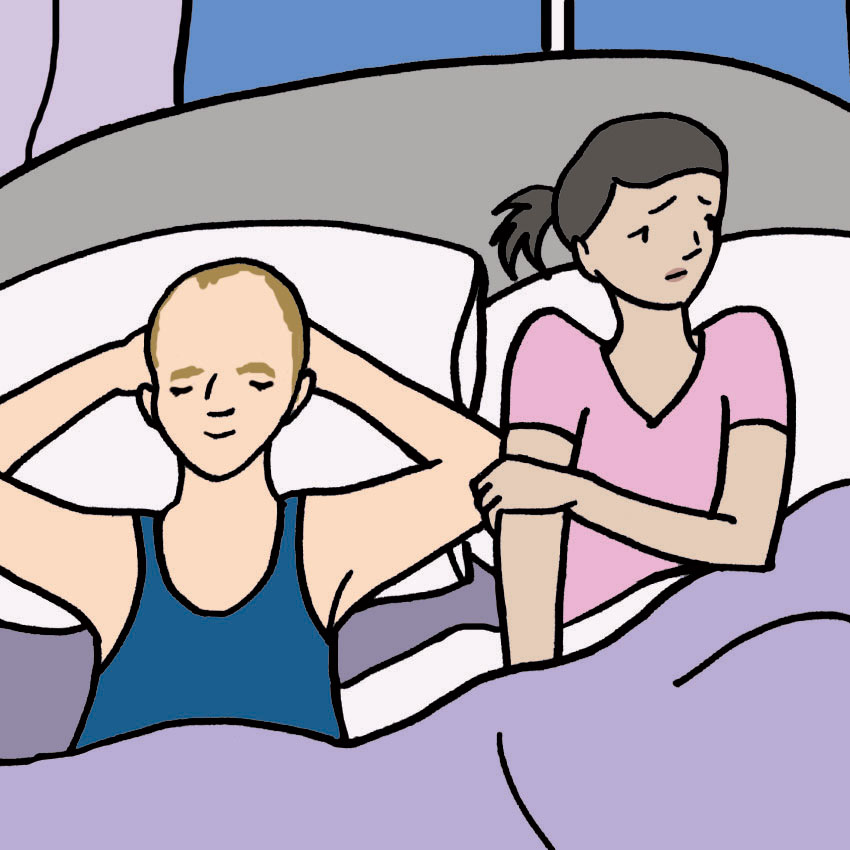
Emotional factors play an important role in your vaginal health as well. Anxiety or stress can limit blood flow, causing vaginal dryness, Everyday Health says. Likewise, sexual problems with a partner such as issues of intimacy or anxiety about poor performance can cause stress-induced vaginal dryness.
Now that we have discussed some causes of vaginal dryness, let’s focus on treatments.
Ways To Treat And Prevent Vaginal DrynessTreatment #1: Topical Estrogen

Topical estrogen therapy replaces some of the estrogen that your body is no longer making. It can be an effective way to get relief from your symptoms, and it does not put as much estrogen back into your body as oral estrogen therapy.
There are three types of topical estrogen, according to WebMD:
- Vaginal Estrogen Ring: This is a soft, flexible ring that is inserted directly into the vagina and provides a steady stream of estrogen. It needs to be replaced every three months.
- Vaginal Estrogen Tablet: You will be given an applicator along with these tablets. You use the applicator to insert the tablet into your vagina every day for the first two weeks of treatment. After that, you will insert it twice a week until you no longer need it.
- Vaginal Estrogen Cream: Once again, you use an applicator to apply this topical estrogen. You will insert the cream into your vagina daily for two weeks or whatever your doctor decides, and then cut down to less frequently for subsequent weeks.
With all estrogen products, you may experience side effects. Some common side effects of estrogen treatments are breast pain, vaginal bleeding, weight gain, fluid retention, nausea, headaches, spotting of the skin, increased risk of stroke, blood clots, and breast and ovarian cancers.
Treatment #2: Avoid Scented Bath Products
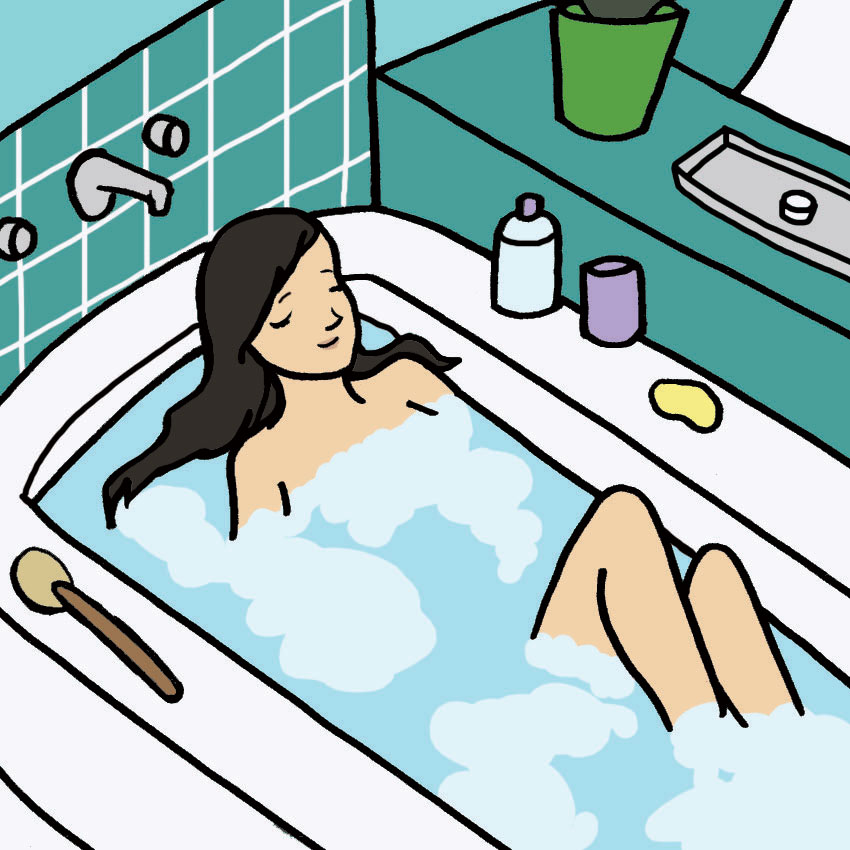
Scented bath products and soaps have a tendency to dry you out, leading to skin irritation, according to the University of Iowa Hospitals and Clinics. So, if you are experiencing vaginal dryness, it is a good idea to avoid anything scented that may come into contact with your vagina.
Treatment #3: Lubricants And Supplements
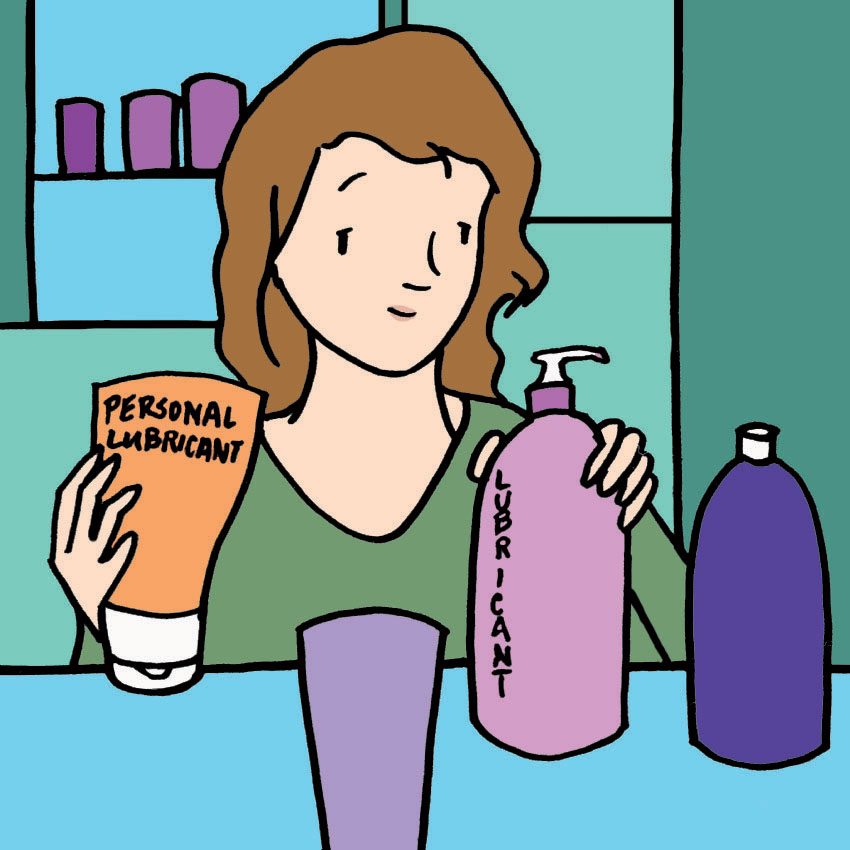
According to Healthline, water-based lubricants are a good alternative to hormone therapy if you are concerned about potential side effects. Water-based lubricants can give you moisture and relieve discomfort for hours at a time.
Please SHARE this article on Facebook!



